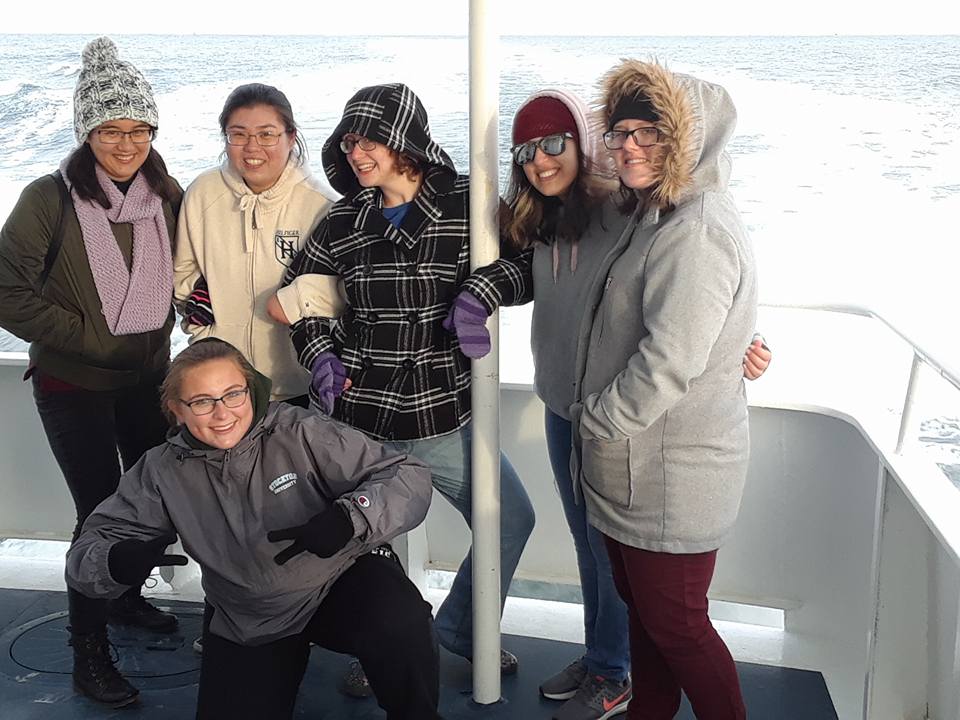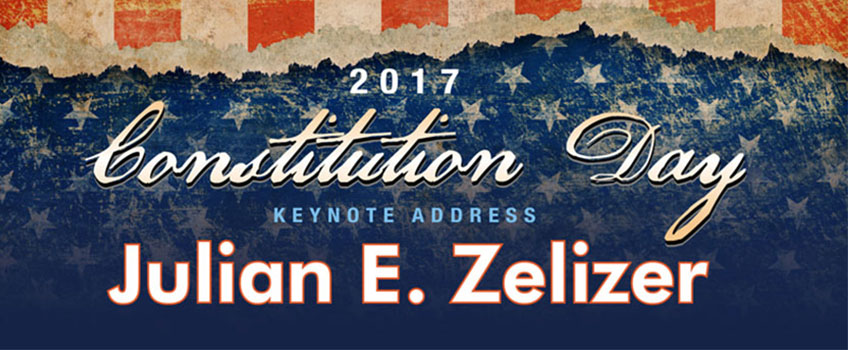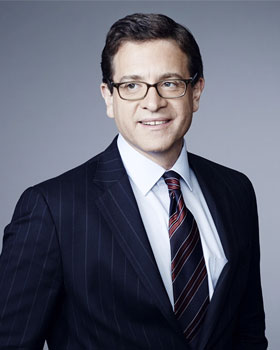On Saturday, November 11th, 2017, Stockton’s Marine Science Club and Stockton Action Volunteers for the Environment spons ored a whale watching trip for Stockton students and faculty. Although not a member of either club, I took advantage of the opportunity to experience an adventure at sea with my friends.
ored a whale watching trip for Stockton students and faculty. Although not a member of either club, I took advantage of the opportunity to experience an adventure at sea with my friends.
Two busloads of Stockton students, myself included, braved cold temperatures at sea in order to observe the majestic creatures in their natural habitat. A guide speaking over the intercom spoke about the whales and dolphins, which provided a balance of education and fun. Before the boat had even entered open waters, students spotted a pair of dolphins. It was a good omen, and dolphin sightings occurred early and often. Students watched in wonder as pods of dolphins swam near the boat. Some even followed the boat, leaping out of the water in its wake. A guide explained to the students about dolphin conservation efforts, and how marine scientists track the dolphins. The whale watch boat even had researchers on board to document and photograph whale and dolphin activity.
Although watching the dolphins swim and play was fun on its own, the most incredible part of the trip was finding a whale. Seeing a whale is somewhat unusual, so the group was quite lucky. Unlike the dolphins, who swam in pods, the guide explained that humpback whales mostly live alone, because they need to eat thousands of pounds of food every day, and would not be able to find enough food if they lived in groups. The guide also explained that humpback whales can live as far North as Canada and migrate as far south as Florida, and that particular whale was most likely migrating south in order to give birth. The whale resurfaced every few minutes, and each time, it left students in awe.
The boat could not approach close to the whale for safety reasons. Whales do not have echolocation like dolphins, and therefore the whale would not be able to sense the boat was near and would possibly crash into the boat. However, even viewing the whale from afar was still a surreal experience. I have never been on a whale watch excursion before, and it is something I may have never tried if Stockton had not offered this trip. However, I loved the experience, and I am glad Stockton tries to provide unique and fun weekend trips for its students.


 On Tuesday, September 15th, 2017, Stockton students, staff, faculty, and alumni packed into the Campus Center event room to hear Julian Zelizer speech for the annual Constitution Day keynote address. Zelizer is a CNN political analyst and has written many books and op-ed columns, as well as appearing on television and radio shows. According to his biography on the Princeton University website, Zelizer is a pioneer in the resurgence of the discipline of American political history. Zelizer’s topic for his speech was “Constitution Democracy in the Age of Donald Trump”. Each audience member was given a pocket constitution for reference, as well as a notecard to write down questions for Mr. Zelizer. As Zelizer began his speech, the audience expected him to speak about the current happenings in our country, and possibly make predictions for the future. However, Zelizer chose to give his speech from a historical perspective, and instead mainly spoke about the past. Specifically, Zelizer compared Donald Trump’s presidency to that of his predecessors. Because of some of Trump’s outlandish claims, some Republicans have reason not to stand with him. Zelizer, the historian, compared Trump to Lynden B. Johnson, who gave strong political and war talk to not seem weak on the matter of national security. Similarly, Trump has made controversial tweets about war and foreign policy on social media, specifically threats to destroy North Korea, all in the name of not appearing weak. In his speech, Zelizer noted that Trump is only as strong as the Republicans in Congress who stand by him and pass legislation for him, and although they have been supportive so far, some of Trump’s claims have tested the Congress’s loyalty. According to Zelizer, the Republican party does not want another scandal like the Watergate Scandal in 1973, and Trump’s tweets and other claims could cause some to falter from their party loyalty. Overall, Zelizer seemed hopeful about the outcome of Trump’s presidency. He mentioned that although Trump has been quite aggressive with his executive orders and his words, his legislation is not as aggressive because his Republican Congress is wary of blindly voting for the party and trusting the president, so Trump is vulnerable. Overall, the takeaway from Zelizer’s keynote address seemed to be that the Trump presidency is not as bad as the media make it seem, which nicely tied into the freshman common reading, Trust Me I’m Lying. The media sensationalizes Donald Trump’s tweets and his words, when what is truly important and powerful is the legislation he passes. Zelizer argued that Trump seemed to be just about average in terms of the amount of legislation he has passed so far in his presidency; he has not signed a significant amount more bills into law than other presidents during the same time frame. Zelizer’s address left the audience with the impression that some of the drama surrounding Trump’s presidency is just media speculation, because bloggers will do anything to generate revenue. However, even when Trump is making eccentric claims on Twitter or in a speech, it is up to the people to remember that his words don’t count; we must look at what the president signs into law. With his actions, Trump’s Congress is hesitant to support him, and the future lies uncertain.
On Tuesday, September 15th, 2017, Stockton students, staff, faculty, and alumni packed into the Campus Center event room to hear Julian Zelizer speech for the annual Constitution Day keynote address. Zelizer is a CNN political analyst and has written many books and op-ed columns, as well as appearing on television and radio shows. According to his biography on the Princeton University website, Zelizer is a pioneer in the resurgence of the discipline of American political history. Zelizer’s topic for his speech was “Constitution Democracy in the Age of Donald Trump”. Each audience member was given a pocket constitution for reference, as well as a notecard to write down questions for Mr. Zelizer. As Zelizer began his speech, the audience expected him to speak about the current happenings in our country, and possibly make predictions for the future. However, Zelizer chose to give his speech from a historical perspective, and instead mainly spoke about the past. Specifically, Zelizer compared Donald Trump’s presidency to that of his predecessors. Because of some of Trump’s outlandish claims, some Republicans have reason not to stand with him. Zelizer, the historian, compared Trump to Lynden B. Johnson, who gave strong political and war talk to not seem weak on the matter of national security. Similarly, Trump has made controversial tweets about war and foreign policy on social media, specifically threats to destroy North Korea, all in the name of not appearing weak. In his speech, Zelizer noted that Trump is only as strong as the Republicans in Congress who stand by him and pass legislation for him, and although they have been supportive so far, some of Trump’s claims have tested the Congress’s loyalty. According to Zelizer, the Republican party does not want another scandal like the Watergate Scandal in 1973, and Trump’s tweets and other claims could cause some to falter from their party loyalty. Overall, Zelizer seemed hopeful about the outcome of Trump’s presidency. He mentioned that although Trump has been quite aggressive with his executive orders and his words, his legislation is not as aggressive because his Republican Congress is wary of blindly voting for the party and trusting the president, so Trump is vulnerable. Overall, the takeaway from Zelizer’s keynote address seemed to be that the Trump presidency is not as bad as the media make it seem, which nicely tied into the freshman common reading, Trust Me I’m Lying. The media sensationalizes Donald Trump’s tweets and his words, when what is truly important and powerful is the legislation he passes. Zelizer argued that Trump seemed to be just about average in terms of the amount of legislation he has passed so far in his presidency; he has not signed a significant amount more bills into law than other presidents during the same time frame. Zelizer’s address left the audience with the impression that some of the drama surrounding Trump’s presidency is just media speculation, because bloggers will do anything to generate revenue. However, even when Trump is making eccentric claims on Twitter or in a speech, it is up to the people to remember that his words don’t count; we must look at what the president signs into law. With his actions, Trump’s Congress is hesitant to support him, and the future lies uncertain.